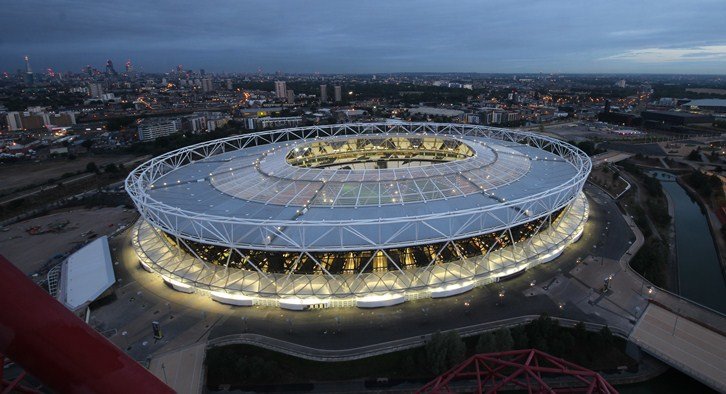The Summer Olympic Games of 2012 were the most ambitious event organized in U.K. peacetime which cost over £9 billion from public tax money to build venues and arrange for security and policies.
Another £2 billion was raised by London Organizing Committee for the Olympic Games through ticket sales, sponsorships, media rights and merchandising. Six years later Londoners are still raking in profits from the biggest opening ceremony for any sports event in history.

The 2012 Olympic Games were the biggest sporting event in the history which cost London almost 11 billion pounds
London Chosen for 2012 Olympics
Britain’s performance agency, UK sport, which invests in global sports events like Olympics and Paralympics, recently revealed that the epic Olympic games of 2012 funded by taxpayers and National Lottery has had a huge impact on London’s economy. Even six years after hosting the event, the city has continued the Olympic legacy, adding £134 million to London’s economy.
The Executive Director of International Olympic Committee congratulated UK Sport for adding value to the British capital and its citizens six years in a row. He added that London has set a great example of how cities can reap the long-term economic benefits of hosting the prestigious Olympic Games years and even decades later.
In 1995 the British Olympic Association chose London as the British city to host the next Olympic Games. In 2004 the International Olympic Committee announced five finalists for the next sports event: Madrid, Moscow, London, Paris and New York.
After the final round of voting in 2005, London came out victorious, winning a tight 54 to 50 contest with Paris. The French President expressed his disappointment with the results and said that the London bid team had clearly not played by the rules.
Global Financial Crisis Hits
After London was officially chosen for hosting the 2012 Games, 30,000 Brits gathered in the Trafalgar Square to celebrate. However, the celebration was short-lived and just three years into the standard 7-year planning period the country was struck by the biggest global financial crisis since World War II.
Britain was grappling with unemployment rates which had soared from 4.8% to 8.2% by 2012, shrinking economy and serious budget cuts. The London Sports Committee’s dream to hold a grand event was quickly slipping out of grasp, and Olympics were unofficially named the ‘Recession Games’.
But the city managed to raise almost 9.3 billion pounds and turned the Recession Games into the biggest sporting event in the history of Olympics. To create the famous Olympic Park in east London, a 500-acre toxic waste-land was completely regenerated and turned into a beautiful residential area that would see that construction of over 10 thousand homes by the time the event came to a close.

Since 2012, more than 25 international and national level sporting events have been held at the Olympic Park with the funding received from National Lottery
Creating Economic Impact
The same park, now called the Queen Elizabeth Olympic Park, was used to host the IAAF World Athletics Championships in 2017, adding a whopping 79 million pounds to the British economy. Then came Para-athletics World Championships 2017 which created an economic impact of 28 million pounds.
The Park has been holding major sporting events since its creation including the 2013 Triathlon World Grand Final which generated over 8 million pounds. The UCI Track Cycling World Championships of 2016 brought in 3 million pounds whereas the European Aquatics Championships later that year produced 5 million pounds.
London Legacy Development Corporation CEO Lyn Garner says that the creation of Queen Elizabeth Olympic Park has changed the shape of London’s economy over the past six years. The Park is a popular tourist spot that attracts millions of visitors every year, created thousands of jobs and even provided a residential area for people to build homes. More is yet to come as the city plans to open doors to museums, world-class universities, businesses and education centers in the future.
Since 2012, more than 25 international and national level sporting events have been held at the Olympic Park with the funding received from National Lottery. According to UK Sport, the venue has attracted over 1.3 million spectators for these events – the figure doesn’t include spectators from the Olympic Games of 2012.










